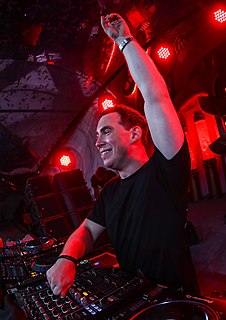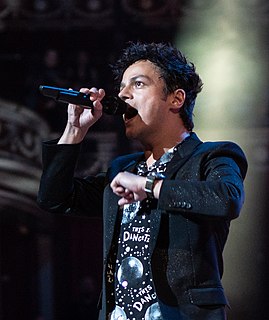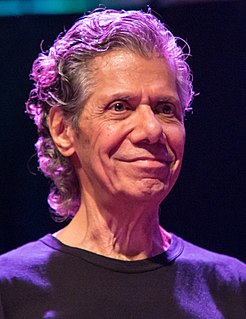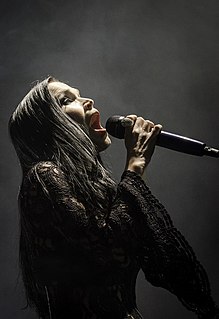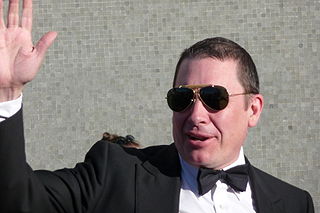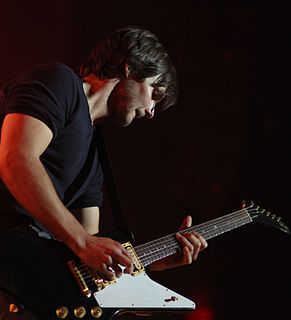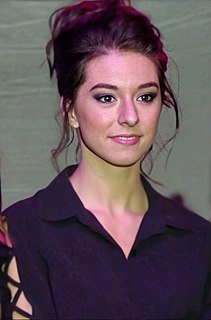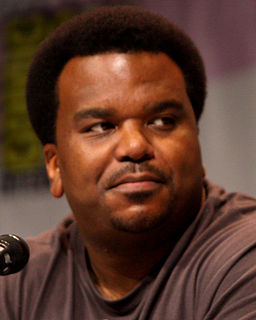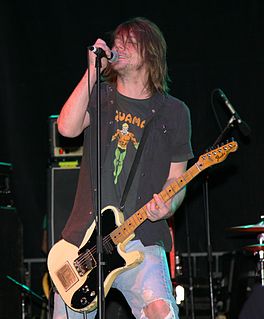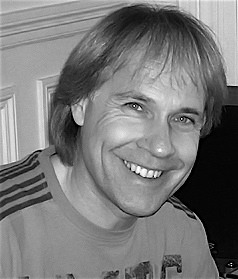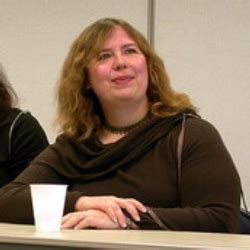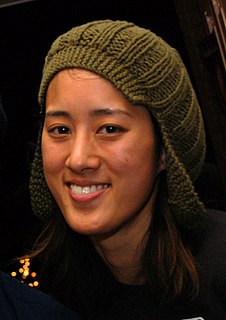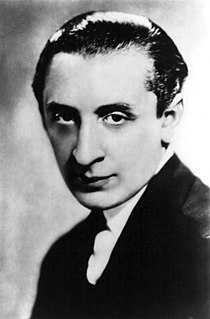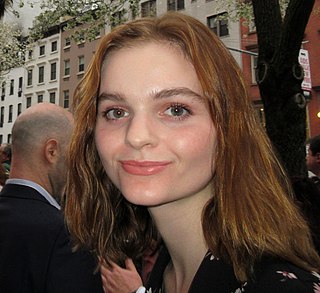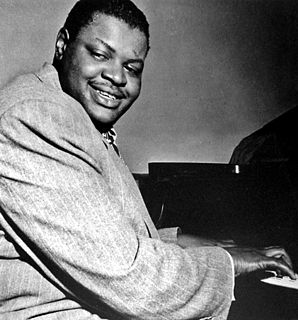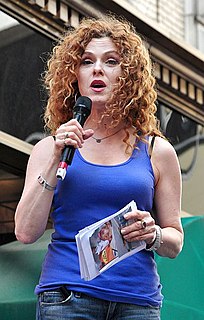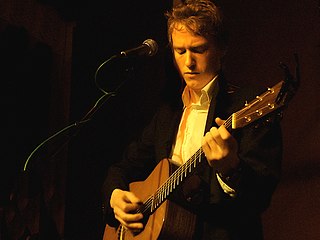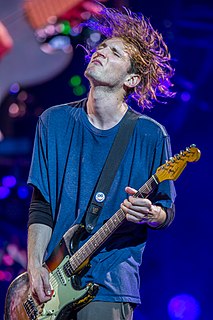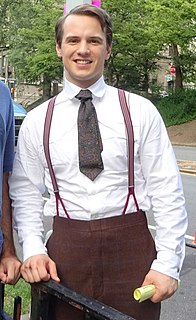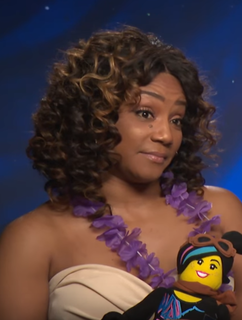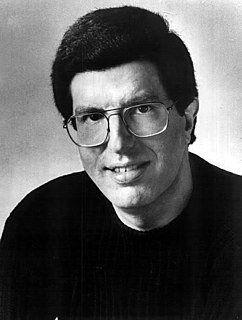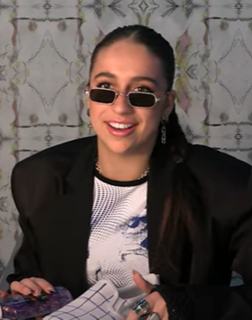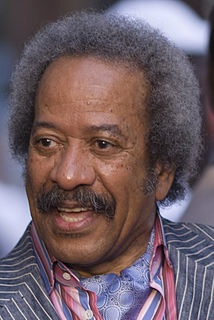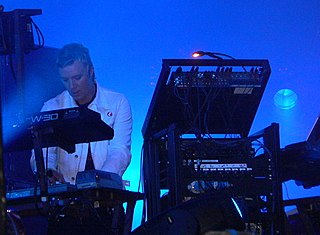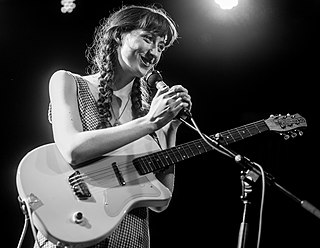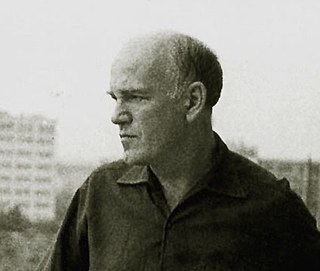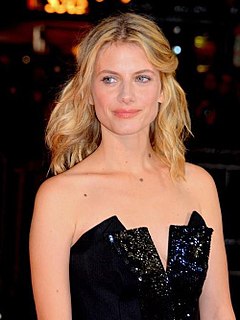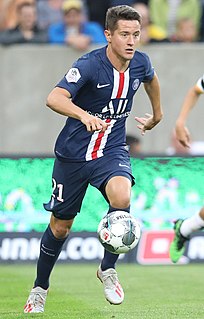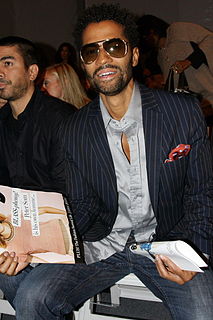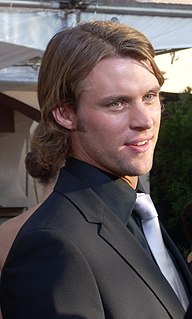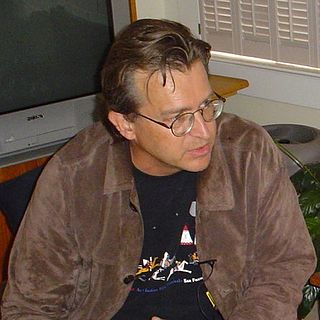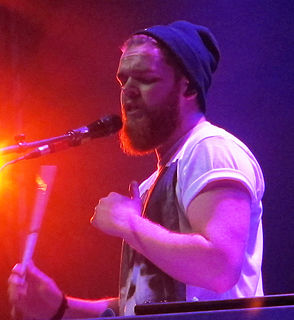Top 1200 Piano Playing Quotes & Sayings - Page 8
Explore popular Piano Playing quotes.
Last updated on September 30, 2024.
Every time I sit down in front of my piano, I like to improvise with the instrument. It depends on my mood of that day what kind of melodies and rhythms I am playing around. Sometimes, even before starting to play I already have a quite clear picture of a song I would like to compose, or at least the sound of it.
Skill in any performance whether it be in sports in playing the piano in conversation or in selling merchandise consists not in painfully and consciously thinking out each action as it is performed but in relaxing and letting the job do itself through you. Creative performance is spontaneous and ‘natural’ as opposed to self-conscious and studied.
The piano has disappeared from working-class family life, which is a shame. It's associated with the middle classes now. Everyone in my family sang and played piano, but my parents were delighted and amazed when I became the first professional performer in the family - apart from a clog-dancer way back.
As an example, there is a Japanese composer / singer whose name is Tanimura [Shinji]: he has composed a song entitled entitled "Kazeno Komoriuta" and I have recorded my piano adaptation of this song and honestly I couldn't expect that it would be so difficult and challenging for me to perform my piano version of this beautiful song.
Within our culture, every school has a swimming pool. We lived on the coast. People swam in the surf. It's a very sporty nation and at that particular time anyone who had an artistic bent was very much an outsider. So if you liked reading or ideas or playing the piano then your dad viewed you as a sissy, basically.
In the process of them developing this instrument, I've been playing the melodica in the style I would like the harmoniboard to be played, which is a mix between a harmonica and keyboard. I play with trumpet style techniques. I really like the mobility of being able to step off the piano and bring the music to the audience.
So I always liked to sing, and apparently when I was about four or five I also started to be attracted to pianos and musical instruments. Whenever we went to a friend's house, I vaguely recall climbing up on the piano, plunking on it, and trying to figure it out. So my parents figured I was interested and asked me if I wanted to take piano lessons. I said sure.
In my work I try to get things right, to do it well, and if there are specific skills involved - like in a case conducting or playing the piano, or in this film I have coming up where I play a character who is German - I'm very meticulous about learning accents and dialects and those kinds of things. That's probably the closest I come to being a perfectionist.
My family is very musical, I was surrounded by it. And from four years old I was the one that asked my mother could I take piano lessons... It wasn't forced on me. It was something I wanted to do. And ever since, I've never stopped, I've never stopped playing music. I never went through a period where I didn't want to do it.
I'm a natural piano player. So all the practicing I do at this point is in my head. If I don't play for a year, my chops aren't going to get any worse. I've spent my time playing scales, and I don't necessarily want to play any faster than I play. So everything I do at this point is more philosophical.
If you hear Thelonious Monk play a run that goes from the top of the piano, OK, he has opened up the Grand Canyon with that. He's the river that's carved this entire space that we call the Grand Canyon. He does that with one run. He lets you know, like, what the possibility of the sound of the piano can do.
If I want to be moved by the track, I don't want it to be sequenced, I want it to be somebody playing the guitar or piano or a horn arrangement where you can hear the breath. You can almost smell the studio while listening to the music. For me, that's what moves me emotionally, that's what I came from. I think that's always going to work best for me.
Reading old travel books or novels set in faraway places, spinning globes, unfolding maps, playing world music, eating in ethnic restaurants, meeting friends in cafes . . . all these things are part of never-ending travel practice, not unlike doing scales on a piano, shooting free-throws, or meditating.
